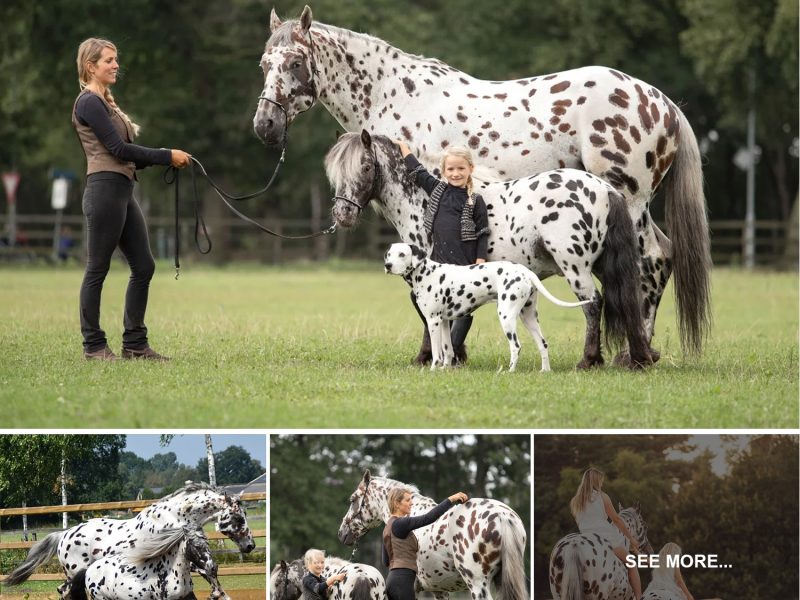Imagine a society in which everybody is born equal because noone knows who is whose mom. Welcome to mongoose reality!
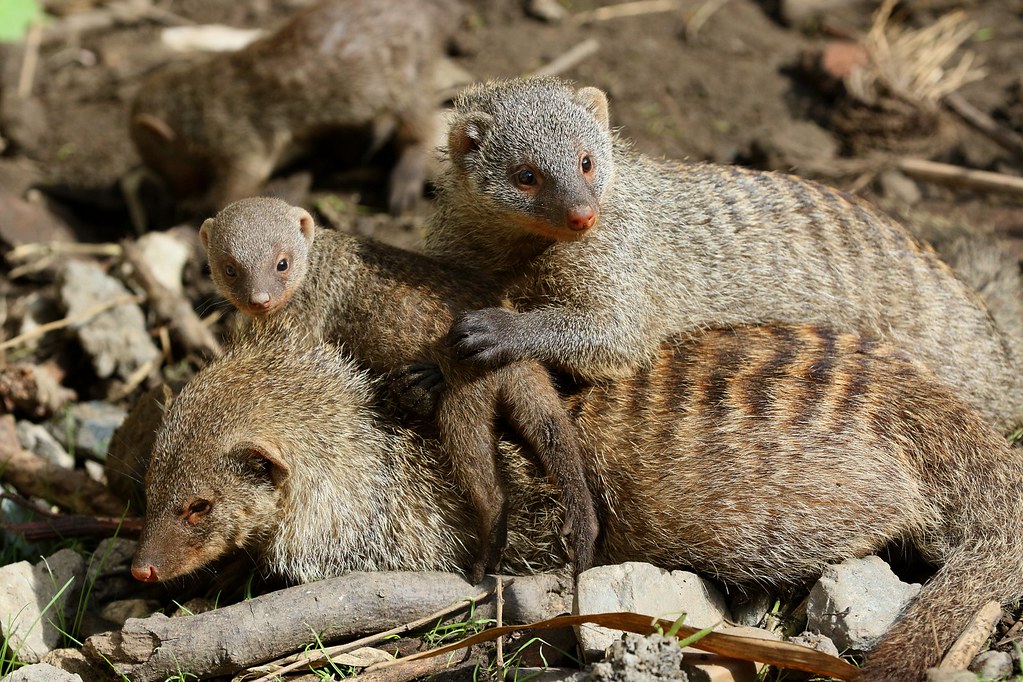
Whose pup are you? Well, it doesn’t matter after all… Image credit: zoofanatic
Mongooses don’t know which offspring belong to which moms, so all pups are given equal access to food and care. This, in turn, creates a more equitable mongoose society, according to a new study published in Nature Communications.
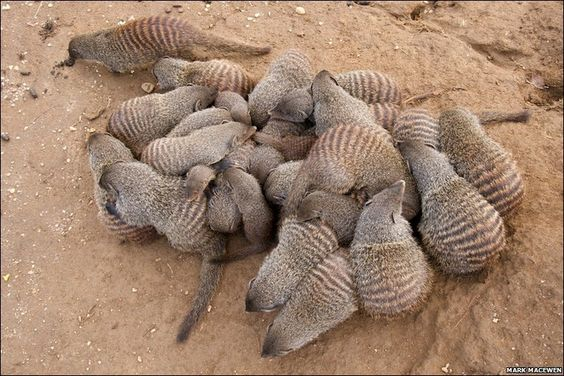
The researchers from the universities of Exeter and Roehampton found that because mothers in mongoose packs all give birth on the same night, this creates a “veil of ignorance” among them about which pups belong to which moms, Psych News Daily reported.
The team regularly gave extra food to half of the pregnant females in a group of mongooses, deliberately creating increased inequality in the birth weights of their pups.
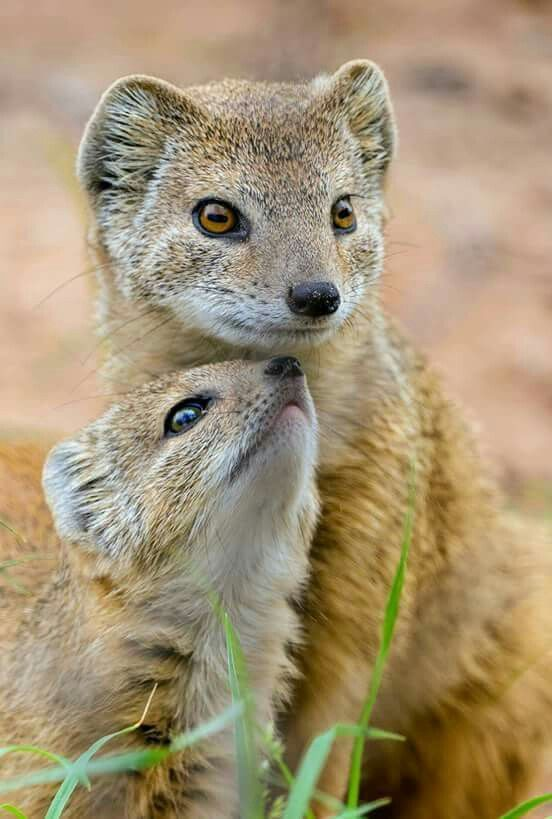
After giving birth, however, the mothers who had received extra food quickly corrected this inequality by eagerly redistributing food to whichever pups were hungry. They gave extra care to the smaller pups born to the underfed mothers — rather than their own pups — so the differences in pup size quickly disappeared.
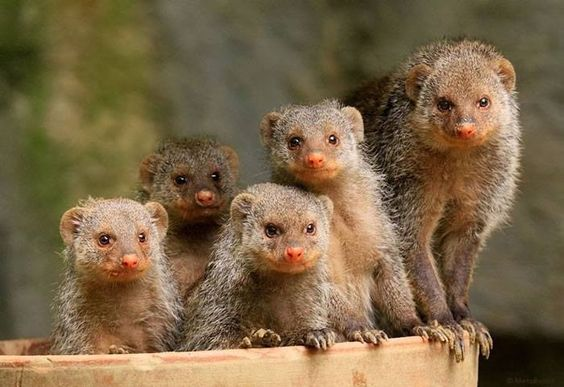
“In most of the natural world, parents favor their own young,” said co-author Harry Marshall of the University of Roehampton. But mongooses are different. In their societies, the evolution of birth synchrony – whereby all females give birth on the same night, presumably to protect pups from predators – has led to “the unusual situation that mothers don’t know which pups are their own, and therefore cannot choose to give them extra care.”
“Our study shows that this ignorance leads to a fairer allocation of resources – in effect, a fairer society” Marshall said.
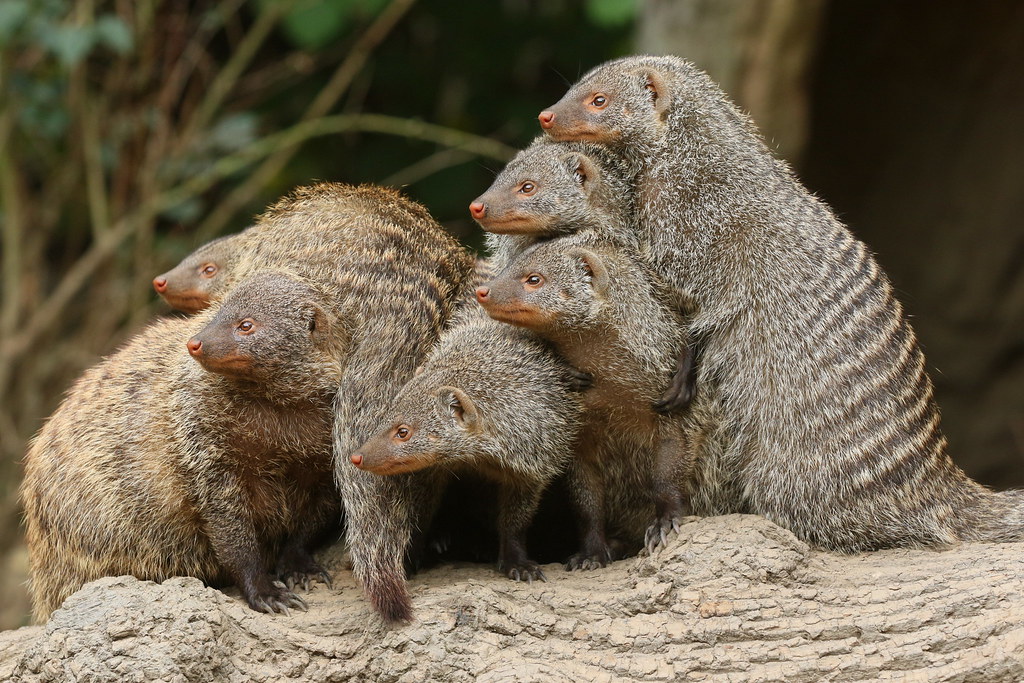
Banded mongoose societies are based on equality. Image credit: zoofanatic
Beginning in 1995, the scientists observed seven groups of banded mongooses in Uganda. They gave 50g of cooked egg each day to half of the pregnant females in each group, while the other half received no extra food.
Not surprisingly, weight inequality at birth was more widespread during breeding periods when food was provided than in periods when pregnant females received no extra nourishment.
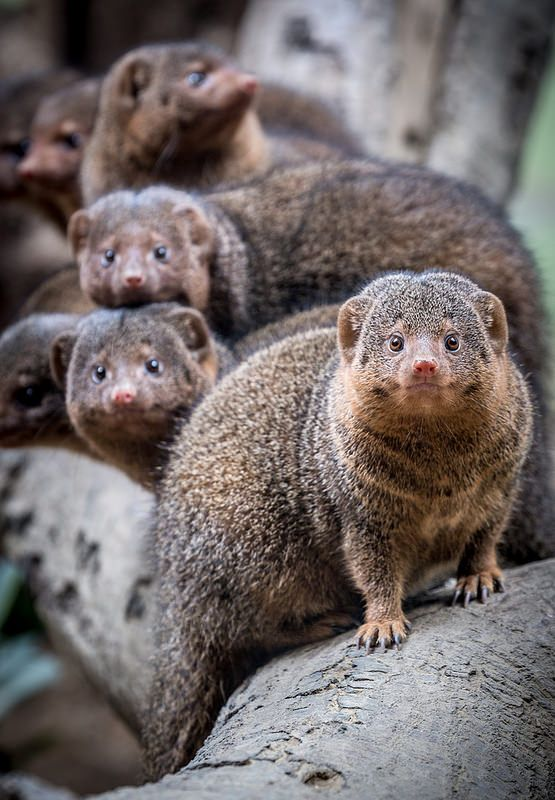
“We predicted that a ‘veil of ignorance’ would cause females to focus their care on the pups most in need,” said co-author Michael Cant of the University of Exeter, “and this is what we found.”
“Those most able to help offer it to the most needy, and in doing so minimize the risk that their own offspring will face a disadvantage. This redistributive form of care ‘leveled up’ initial size disparities, and equalized the chances of pups surviving to adulthood,” Cant added. “Our results suggest that the veil of ignorance, a classic philosophical idea to achieve fairness in human societies, also applies in this non-human society,” Cant said.
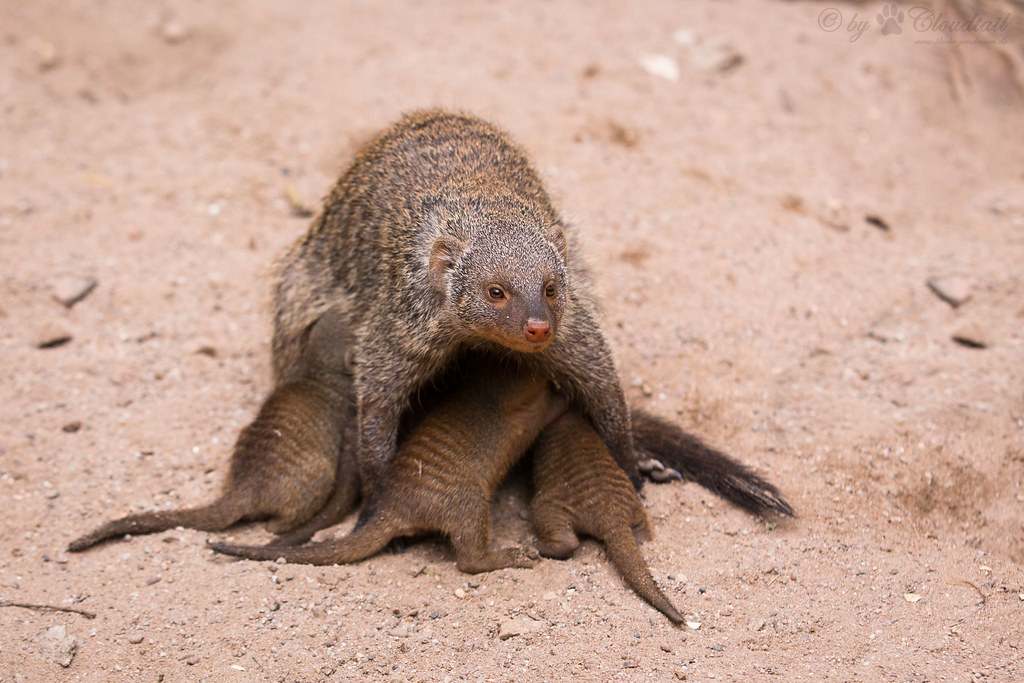
Feeding time! Everybody is welcome! Image credit: Cloudtail the Snow Leopard
Hence, the study proved that the “veil of ignorance” works in practice – at least in mongooses. It leads mothers to invest in weaker pups so as to “minimize the risk that their own offspring will face a disadvantage.”
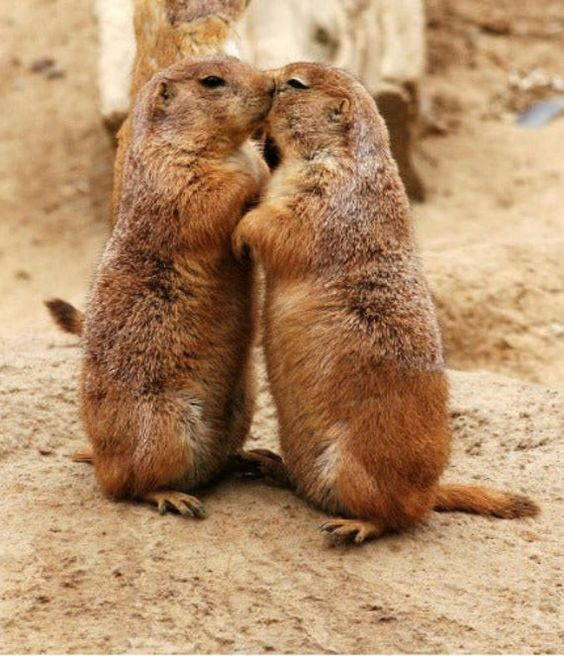
This shows that “uncertainty about kinship in a non-human species can lead to a redistribution of resources to reduce inequality, consistent with the proposed role of the veil of ignorance in the evolution of human fairness norms.”
